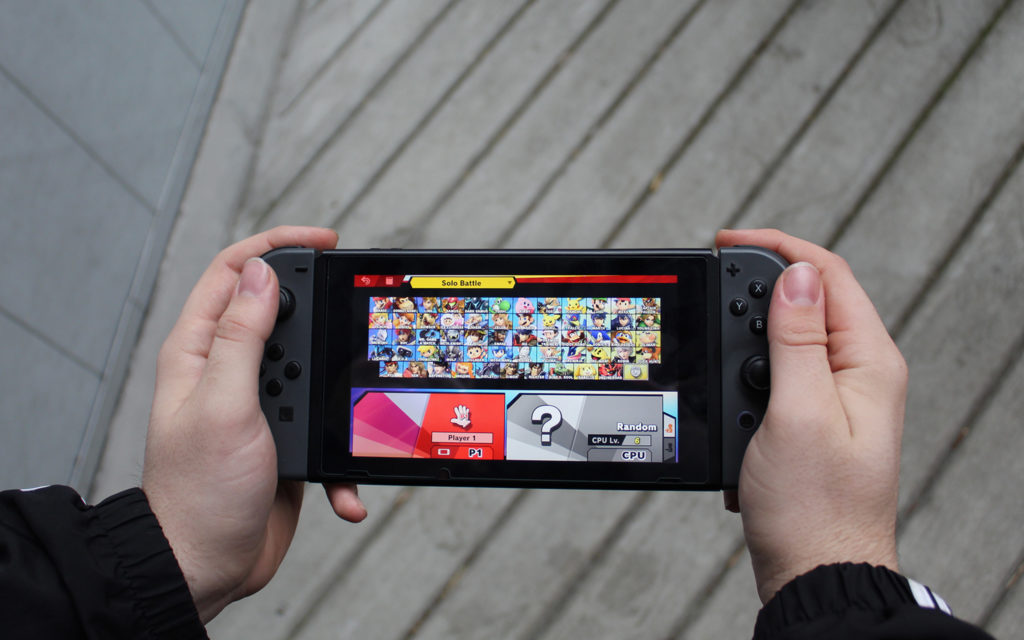Super Smash Bros., the video game franchise that has brought people together since its first iteration, was released in 1999. It is a game that attracts casual and competitive gamers alike and at Seattle University, one group likes to take Smash to the next level. Smash @ Seattle U competes against schools like the University of Washington (UW) and welcomes people from Seattle U and anybody in the area who wants to join.
Lately, the club finds itself in a difficult position. For years, Smash @ Seattle U has run tournaments. At these tournaments, participants must pay an entry fee of a few dollars to enter, and at the end, all the money collected is awarded to the top participants. The tournaments, however, have been stopped indefinitely to ban the way the club has run the gaming events.
According to the head of the club, Nolan Orloff, Conference and Event Services (CES) told the club that collecting money and giving out prizes would be considered gambling, which could threaten the status of the club. So, if the Smash club had been doing this for so long, what exactly changed?

The fighting game Super Smash Bros. Ultimate launched and has since been a smash hit on the Nintendo Switch.
The sixth large-scale tournament held by the club was scheduled for Nov. 4, but on Nov. 1, the club had to back out and cancel. It was brought to the attention of CES by someone outside of the club that Smash @ Seattle U gave out prize money to competitors during their tournaments.
The club was given two choices: to function as usual and continue to hand out prize money while losing club recognition (meaning they would lose all access to rooms, storage, and forgo school branding), or to follow the school’s policy and run tournaments without money.
Seattle U has had gambling licenses in the past, which allowed clubs to practice gambling under Washington law, but the school did not renew their license for the 2018-19 year. The club was not aware of this until they were brought into a meeting in November.
After the meeting with CES, members of the group rallied together to dig deeper into Washington state gambling laws, and they believe that the payout of their gaming tournaments does not constitute gambling.
Orloff said that the University of Washington runs their tournaments “the same way and way more often than Seattle U.” During the meeting with CES, they discussed that because UW is a public school, the rules may be different from those of a private institution.
Smash @ Seattle U has been trying to figure out a way to do their original tournament style without consequence, but the club said that this has been difficult due to the lack of communication from the school. Orloff was told by CES that they could talk to the Seattle U legal counsel about reinstating paid tournaments, but despite various efforts to reach out, Smash @ Seattle U has not heard anything back, even after being told they would be put in contact with resources to assist them in figuring out a solution.
CES was contacted multiple times for comment, but was unavailable by the time of this article.
“We just want to get it figured out,” club member Matthew MacDonald said. “For example, other schools run tournaments for charity which it seems like we can’t even do that at this point. We just want to go back to where we were.”
The editor may be reached at
news@su-spectator.com








